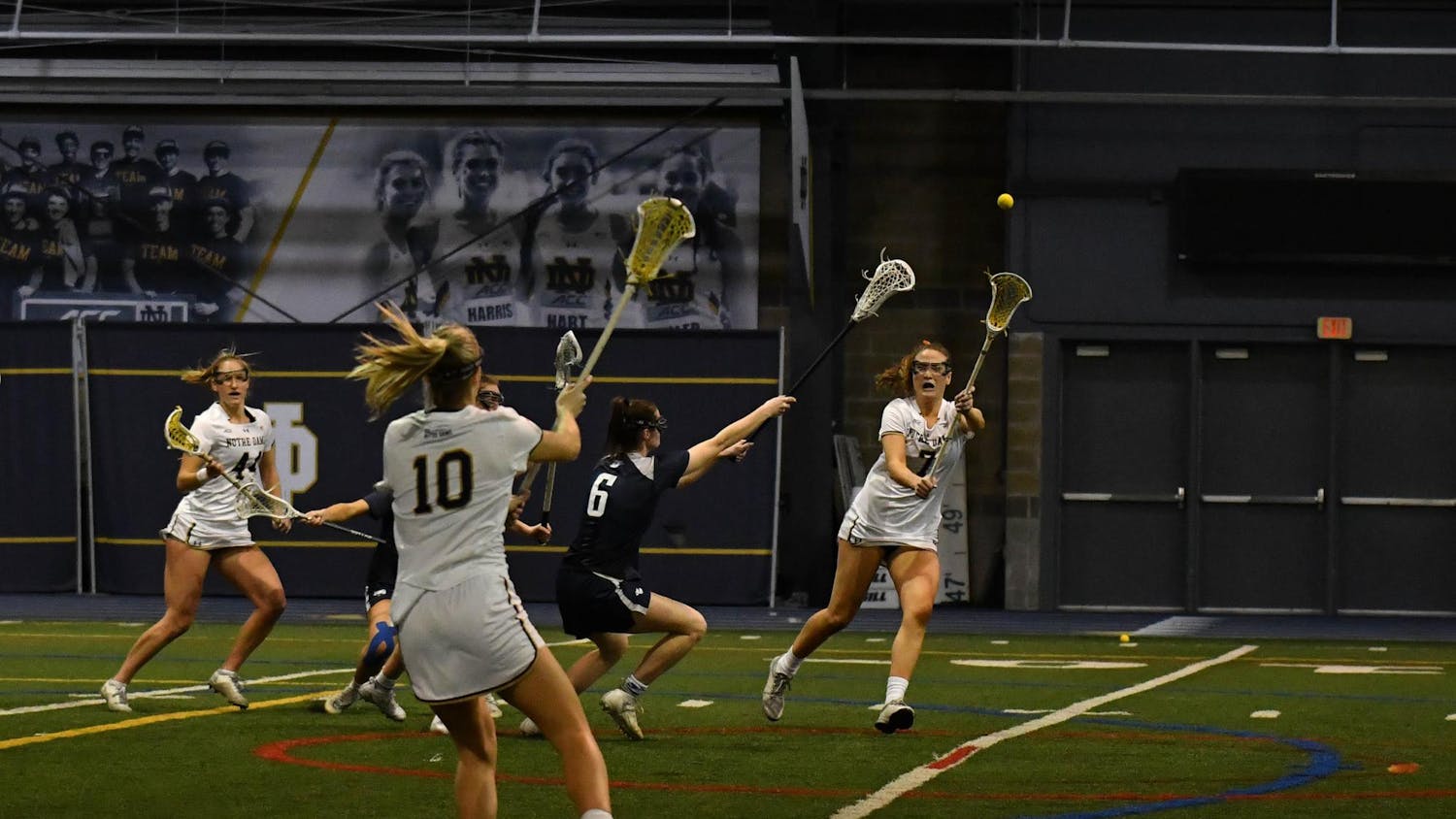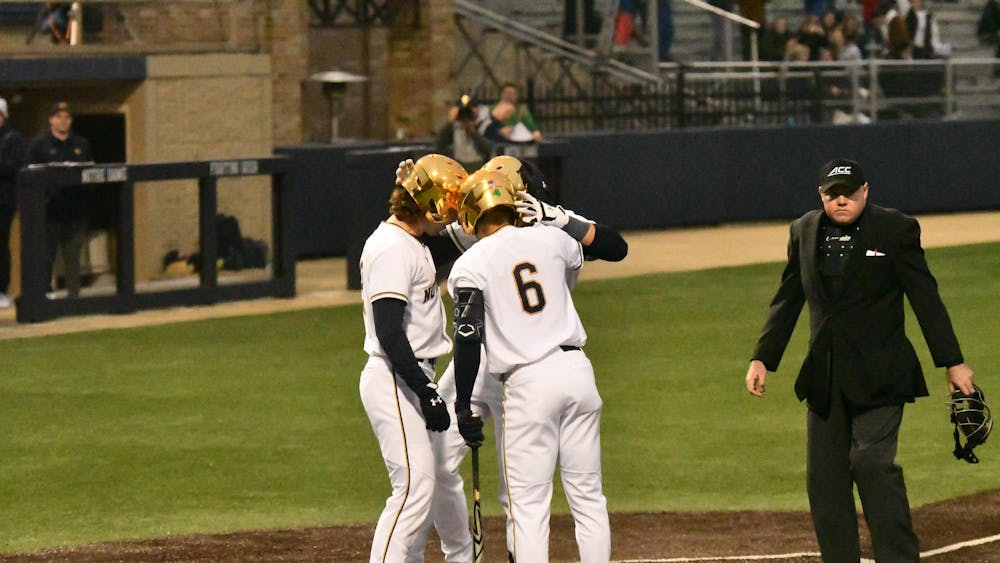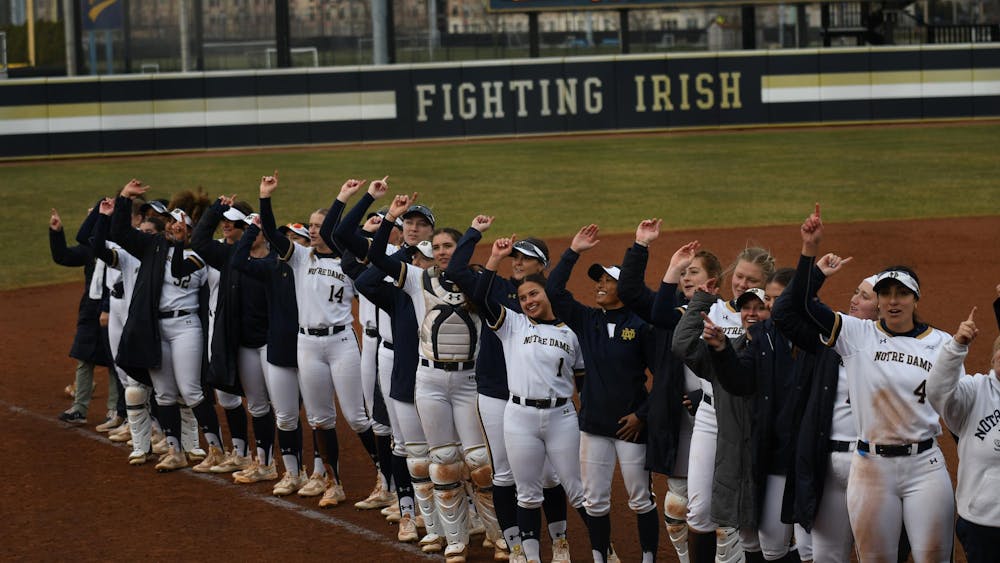I’m sure you already know the sequence of events surrounding Ohio State quarterback J.T. Barrett in the past two weeks. They have been hard to ignore.
Barrett was arrested for drunk-driving Oct. 31. Urban Meyer suspended Barrett for the Buckeyes’ clash with Minnesota on Saturday. Cardale Jones, Ohio State’s starter for the first seven weeks of the season, returned to the role of leading signal-caller and defeated the Golden Gophers, 28-14, in part thanks to his late 38-yard touchdown run to seal the game.
Something just isn’t right there; something seems unjust.
Nothing to do with how we punish drunk driving in general: oh gosh, no. Driving under the influence is a horrific crime, and causes over 10,000 deaths a year, but — judging from social media's reaction — apparently there’s something worse going on here.
Isn’t the problem obvious? The lives Barrett put in danger are one thing, but how does it affect you or me — you know, just the average sports fan who wants the Buckeyes to lose.
Suspending Barrett for one game? I mean maybe one game could derail their season, but let’s not take any chances: this is just too important.
And against who? Minnesota? 4-5 Minnesota? No, that’s all wrong. The most logical course of justice would be to wait a couple more weeks, then suspend him for Michigan State or Michigan. That would show him.
Well maybe not, but it would show all those unbearable Buckeye fans out there, and isn’t that more important?
And that’s missing the biggest problem of it all. The 6-feet-6, 250-pound problem: Cardale Jones.
It’s one thing to suspend a player when his backup is an unproven true freshman, but Ohio State’s original starter? The guy who led the Buckeyes to a Big Ten title and the national championship? The guy who’s won every game he’s ever started? The guy who pulled out the big play to clinch the Minnesota game without Barrett. And then there’s Joey Bosa and Ezekiel Elliott, maybe they should be suspended, too, just in case. Sure, maybe the guy who actually did something wrong gets punished, but what does it mean if Ohio State still runs the table and finds itself in the playoff at the end of the season? Won’t it all have been for nothing?
Isn’t that what our justice system was designed to do? Help successful sports teams lose?
Or at least, you’d think so, judging by some of the reaction to Barrett’s suspension.
Barrett’s not the first sports star to fall victim to this kind of “only when it suits my team” activism. Jameis Winston comes to mind from just last season. Did people really care about whether the investigation against Winston following rape allegations was conducted correctly? How many of these same people are doing anything about all the other sexual assaults on college campuses across the country? Instead, we see a serious subject (whether he was guilty or not, the subject remains an incredibly serious one) being turned into petty point-scoring and taunting, with Oregon players referencing the allegations in a chant after their Rose Bowl victory over Florida State.
That’s what crimes by athletes have become: something we only care about by means of point-scoring against rivals. Unless we have something to show us just how awful these crimes are, like the recent photographs from Greg Hardy’s domestic abuse case, or Ray Rice’s elevator video, sports fans only pretend to care. Even Rice only really found himself out of the league because he wasn’t a good running back any more; Hardy is apparently too good a pass-rusher to face the same action.
Sure, there’s the whole “role model” argument. A high-profile athlete committing a crime has a greater impact than a regular citizen doing the same thing. But does suspending Barrett for longer do much in that regard? Talking about suspensions just makes us think of drunk-driving as another potential kink in the playoff picture and reminds us that most people just don’t care enough.
Can’t we talk about athletes’ crimes (or criminal allegation) for what they are, and not some sort of way to shut up a rival?













